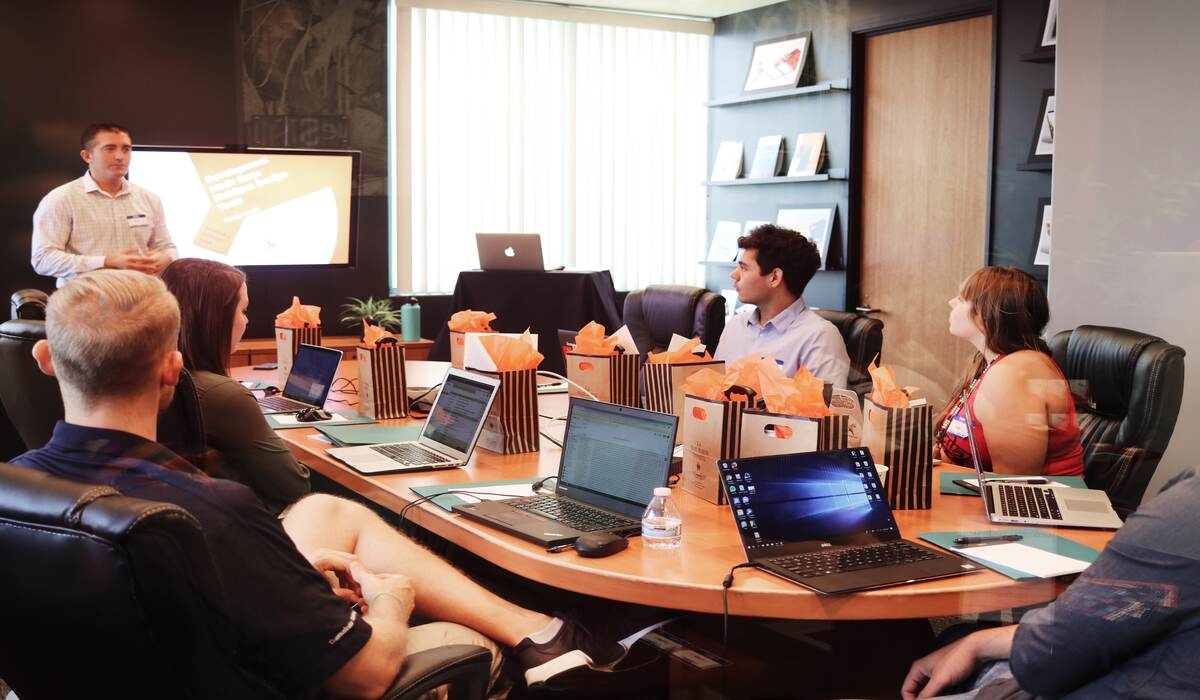Table of Contents
Business continuity is essential for modern organizations to withstand and recover from disruptive events. According to PwC’s Global Crisis and Resilience Survey 2023, 70% of respondents expressed confidence in their organization’s capacity to respond to various disruptions. Amidst this context, top facility management trends emerge as indispensable factors, with facility managers playing a vital role in driving business continuity efforts. Their responsibility lies in efficiently managing and maintaining the physical infrastructure that forms the backbone of business operations.
In this article, we will delve into the significant contributions of facility managers to business continuity, examining their key responsibilities and the strategies they employ to mitigate risks and bolster organizational resilience.
Understanding Business Continuity
Business continuity refers to the ability of an organization to continue or rapidly resume critical functions and operations during and after a disruption. A comprehensive business continuity plan includes risk assessment, emergency response protocols, and communication strategies. Effective business continuity management provides several benefits, including minimizing downtime, protecting assets, maintaining customer confidence, and preserving brand reputation.
The Role of Facility Managers in Business Continuity
Facility managers operate, maintain, and manage the physical assets and infrastructure supporting organizations’ core operations. They oversee facilities such as office buildings, manufacturing plants, data centers, and warehouses while harnessing the benefits of using facility software to enhance their efficiency and effectiveness. They bridge the physical environment and organizations’ goals, ensuring the facilities are conducive to efficient operations. In business continuity, facility managers assume a critical role in identifying risks, implementing preventive measures, and ensuring the resilience of critical systems.
Collaboration and Coordination
Effective business continuity efforts require collaboration and coordination among various stakeholders, including facility managers, senior management, IT teams, and relevant departments. They must work closely with these stakeholders to understand the organization’s objectives, identify critical functions and processes, and assess potential risks. By fostering a collaborative approach, they can gather valuable insights, align priorities, and develop comprehensive business continuity strategies that address the organization’s specific needs.
Identifying and Assessing Risks for Business Continuity
One of the primary responsibilities of facility managers in driving business continuity is to conduct thorough risk assessments. They need to identify potential threats and vulnerabilities that could impact the organization’s operations. Risks can arise from natural disasters, technological failures, supply chain disruptions, or security breaches. Moreover, They analyze the impact and likelihood of each risk to prioritize mitigation efforts effectively.
Developing Business Continuity Strategies
Develop business continuity strategies focusing on preventive measures and emergency response protocols based on the identified risks. Preventive measures include implementing robust physical security systems. As well as, redundancy in critical infrastructure, and appropriate backup systems. They also establish emergency response protocols that outline evacuation procedures, medical emergencies, or other crises. These strategies aim to minimize the impact of disruptive events and enable a quick recovery.
Maintaining Critical Infrastructure for Business Continuity
Facility managers are responsible for maintaining the critical infrastructure required for business operations. They ensure that systems such as power supply, HVAC (Heating, Ventilation, and Air Conditioning), IT infrastructure, and communication networks are well-maintained and regularly inspected. Additionally, Proactively addressing potential issues and implementing preventive maintenance programs reduce the likelihood of infrastructure failures and minimize the risk of disruptions.
Training and Preparedness
To enhance business continuity preparedness, facility managers conduct training programs for employees. These programs educate staff members about emergency procedures, evacuation routes, and the use of safety equipment. Increasing employees’ awareness and knowledge empowers them to respond effectively during crises. Additionally, they regularly test and refine business continuity plans through drills and simulations to identify gaps and improve response capabilities.
Communication and Coordination
During disruptive events, effective communication is vital for successful business continuity efforts. Facility managers establish communication channels allowing quick and accurate information dissemination to employees, stakeholders, and relevant authorities. They coordinate with internal departments, such as IT and human resources, to ensure seamless information flow and coordinated response. They also collaborate with external entities, such as emergency services or suppliers, to facilitate swift recovery and minimize operational disruptions.
Monitoring and Continuous Improvement in Business Continuity Strategies
Business continuity efforts require ongoing monitoring and continuous improvement. Facility managers regularly evaluate the effectiveness of implemented measures and identify areas for enhancement. Moreover, They incorporate new insights into their strategies. Further, As technologies and risks evolve, they adapt their plans and approaches to ensure organizational resilience in the face of emerging threats.
Conclusion
In Conclusion, Facility managers are pivotal in driving business continuity efforts by overseeing the physical infrastructure and critical systems that support organizational operations. Their responsibilities span risk assessment, preventive measures, infrastructure maintenance, training, and coordination. By collaborating with stakeholders, facility managers contribute to developing and implementing robust business continuity strategies. Investing in effective business continuity management not only safeguards organizations during disruptions. However, also enhances their overall resilience and competitiveness in an ever-changing business landscape.
Photo by Campaign Creators on Unsplash


